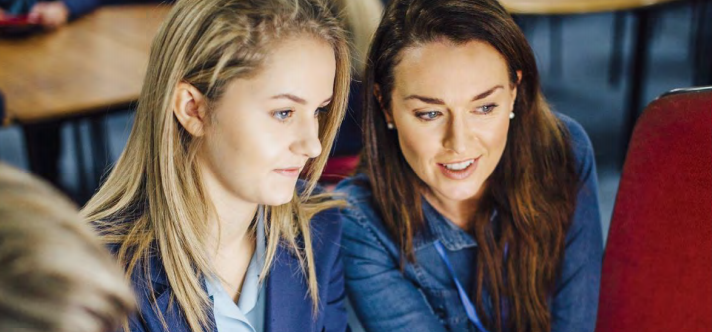'21st century skills offer no guidance'
The concept of 21st century skills does not provide enough guidance to determine what children should learn in the future. That writes professor Paul Kirschner of the Open University.

Image: Kirschner report, NSvP
According to Kirschner, 65 percent of children who now go to primary school will soon take a job that does not yet exist. It is difficult to predict 'what knowledge, skills and attitudes' will be needed in the future to make it in those jobs, he writes in the study published last month. Preparing students for jobs that do not (yet) exist.
Skills
In any case, the much-discussed understanding of 21st century skills is, according to Kirschner, too vague and changeable to provide any guidance. Different researchers define the concept in different ways and many of these skills were important a century ago.
Kirschner suggests looking instead for skills that will make students 'future-proof': ready for the job market of the future. Due to automation and computerization, many routine and physical functions have disappeared. Experts predict that robots and computers will also take over non-routine tasks in the near future. About a quarter of MBO students are trained for (financial) administrative and legal positions that could disappear as a result.
Dead end
Kirschner asked 95 education experts what skills children in VMBO and MBO can use in the future. According to the experts, metacognition (learning to learn, self-knowledge), transfer of skills and critical thinking are particularly important, but not so easy to incorporate in a new curriculum. Education in other 21st century skills is easier to achieve, but according to the experts also less important.
In order to get out of the existing impasse about the creation of a new curriculum, Kirschner proposes to capture the innovation in three steps. First of all, vocational education should focus on basic knowledge and core skills. Step two is for students to apply this knowledge and skills.
This includes 'future-proof' skills such as learning in authentic situations, collaboration and problem solving. In the final stage of innovation, students can then work on higher-order skills such as critical thinking and metacognition. Teachers and schools must be given the space to implement this innovation as they see fit.


